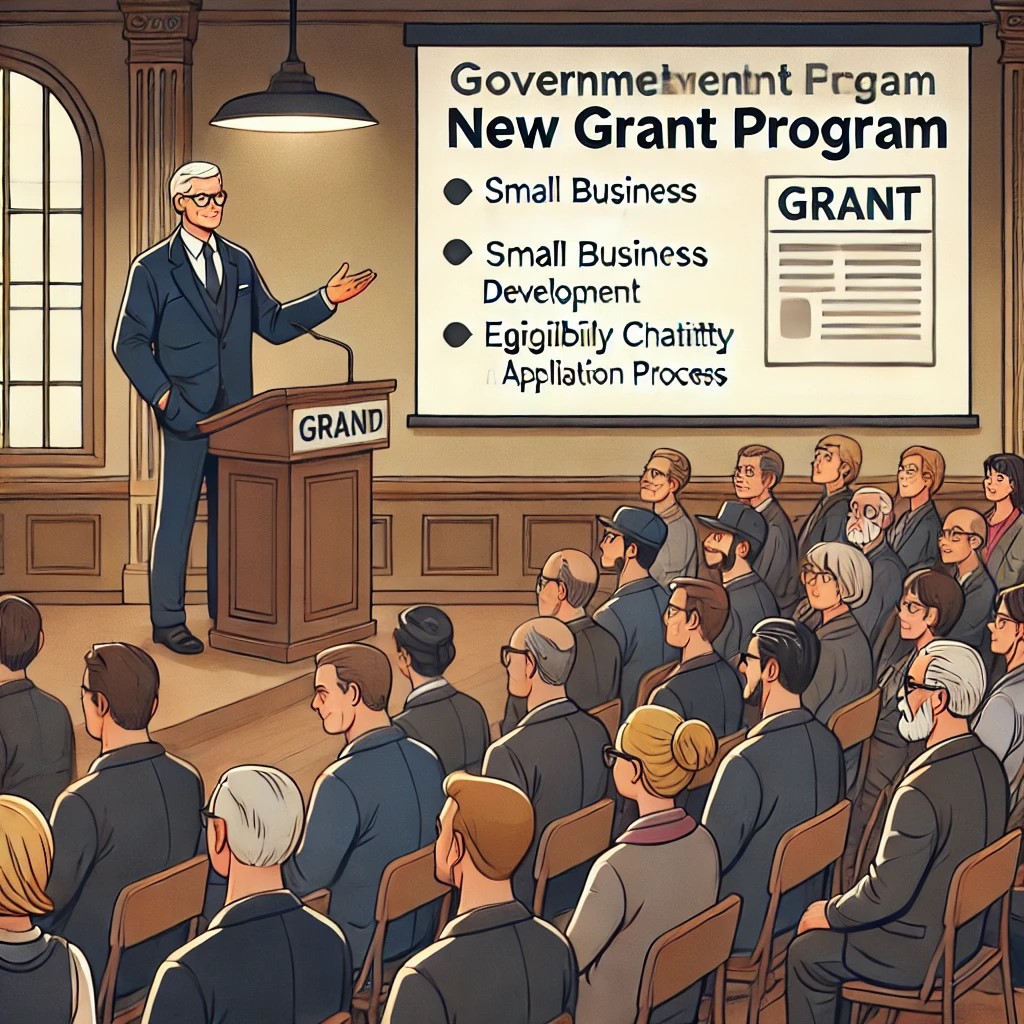Fiscal policies play a pivotal role in shaping the economic environment within which small businesses operate. These policies, including taxation, government spending, and public debt management, can either foster or hinder the growth and sustainability of small enterprises. This article explores how recent fiscal policy decisions are impacting small business growth and predicts future trends in this area.

1. Taxation Policies and Small Business Operations:
Taxation is one of the most direct ways in which fiscal policies affect small businesses. Taxes influence the amount of available capital for reinvestment, operations, and expansion efforts.
Current Trend: Many governments have been implementing tax relief measures for small businesses to stimulate growth and encourage entrepreneurship. For instance, reduced corporate tax rates, tax credits for specific activities like research and development, and temporary tax deferrals during economic downturns are common strategies.
Future Prediction: It is likely that the trend of using tax incentives to support small businesses will continue, especially as economies seek recovery from the COVID-19 pandemic impacts. Future fiscal policies may increasingly focus on reducing the tax burden on green energy initiatives and digital transformations, aligning with broader economic sustainability and digitization goals.

2. Government Spending and Access to Opportunities:
Government spending on infrastructure, services, and grants can create significant opportunities for small businesses. When the government invests in building roads, schools, and hospitals, or in sectors like technology and renewable energy, small businesses often benefit from the increased demand for goods and services.
Current Trend: There is an increasing emphasis on inclusive procurement policies that aim to ensure small businesses receive a fair chance to participate in government contracts. Additionally, direct grant programs designed to boost small businesses have been pivotal during economic recoveries.
Future Prediction: Governments will likely enhance their focus on integrating small businesses into the supply chains of large public projects and increasing direct support through grants and loans. This could be particularly pronounced in sectors deemed essential for national resilience, such as manufacturing and technology.

3. Public Debt and Economic Environment:
The level of public debt can also influence small business growth indirectly. High levels of debt may lead governments to increase taxes or cut public spending, potentially stifling small business growth.
Current Trend: With the global rise in public debt due to the pandemic, there is a concern about potential austerity measures in the future that could reduce public investment and economic growth.
Future Prediction: Fiscal policies may shift towards greater prudence and efficiency in public spending. However, the challenge will be to balance fiscal consolidation with the need to support the economic sectors that are crucial for growth and innovation, including small businesses.
Conclusion:
Fiscal policies significantly impact small business growth by influencing the economic environment and directly affecting operational costs and opportunities. As governments continue to refine these policies, the focus will likely be on creating a supportive ecosystem that enables small businesses to thrive, contributing to overall economic health and innovation.





